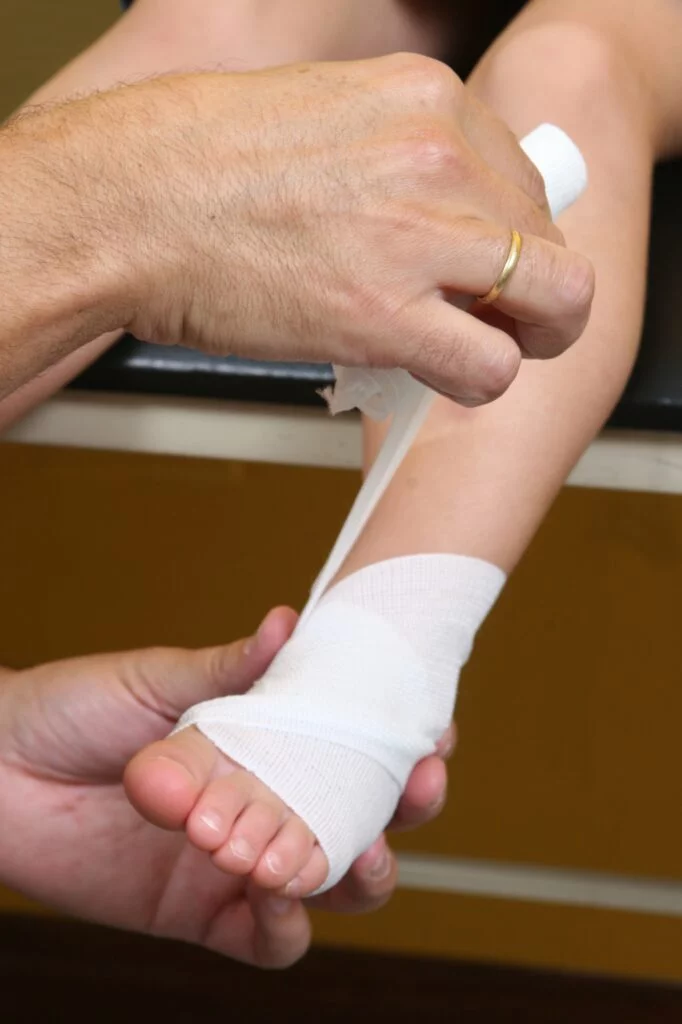A hammertoe is a condition in which the toe is bent at the middle joint and resembles a hammer. It is more than just a cosmetic issue as the condition causes the toe to become rigid and stiff, in a curled position. This can cause muscle imbalance and unnatural stress on the other areas of the toes and feet.
If detected early and when the toes are still flexible, they can be corrected with simple measures but if left untreated, they can become fixed and may require surgery. Without help and reversal, hammer toes can impair normal movement and interfere with your ability to walk, harming your quality of life.
Causes of Hammertoe Deformity
- Genetics
- Flat feet
- Feet with high arches
- Ill-fitting shoes
- Neuromuscular diseases
- Trauma
- Abnormal balance of the toe muscles
- Arthritis
- Tightened ligaments or tendons in the foot
- Pressure from a bunion
Symptoms of Hammertoe Deformity
- Rigid toe joint
- Abnormal bend of toe joint
- Pain on top of the bent toe
- Pain in the ball of the foot
- Corns and calluses at the top of the joint
- Redness, inflammation, or burning sensation
- Restricted or painful motion of the toe joint
- Swelling at joint
- Discomfort while walking
- Claw-like toes
- Pain when stretching or moving the affected toe
Treatment for Hammertoe Deformity
- Pain relief medication.
- Insulated padding around the joint to minimize pressure.
- Taping – Pads can help cushion sore spots on feet.
- Splinting may correct bent toes.
- Custom shoe inserts/orthotic devices can be effective in relieving hammertoe pain and preventing other foot complications.
- Surgery – In severe cases, surgery may be suggested wherein the surgeon may remove the bony prominence on the toe and align the joint, or insert a steel pin, to correct the toe’s position. This releases the rigid soft tissues and allows the toe to relax thereby relieving discomfort.
What Is Mallet Toe?
The Mallet toe is very similar to the hammer toe. While a hammer toe has an abnormal bend in the middle joint of a toe, a mallet toe affects the joint closest to the toenail. If you suffer from any of the symptoms of hammertoes or mallet toes, it is wise to consult a good podiatrist for treatment for mallet toe and hammer toe.

